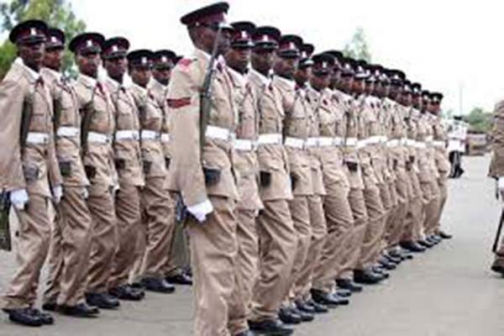
Encounters with the police have the capacity to leave one with a sense of bitterness, frustration and anger. Judging by the deportment of most police officers, it is easy to surmise that civility, morality and rationalisation do not form part of their curriculum and training. Where brawn would suffice, and that seems to be common denominator, many simply find the thought process tedious.
Haranguing the police is akin to whistling in the wind but, all the same, I will do so in the hope that a lull in the humming, no matter how momentary, would allow the more rational of our brethren in uniform to hear my whistling.